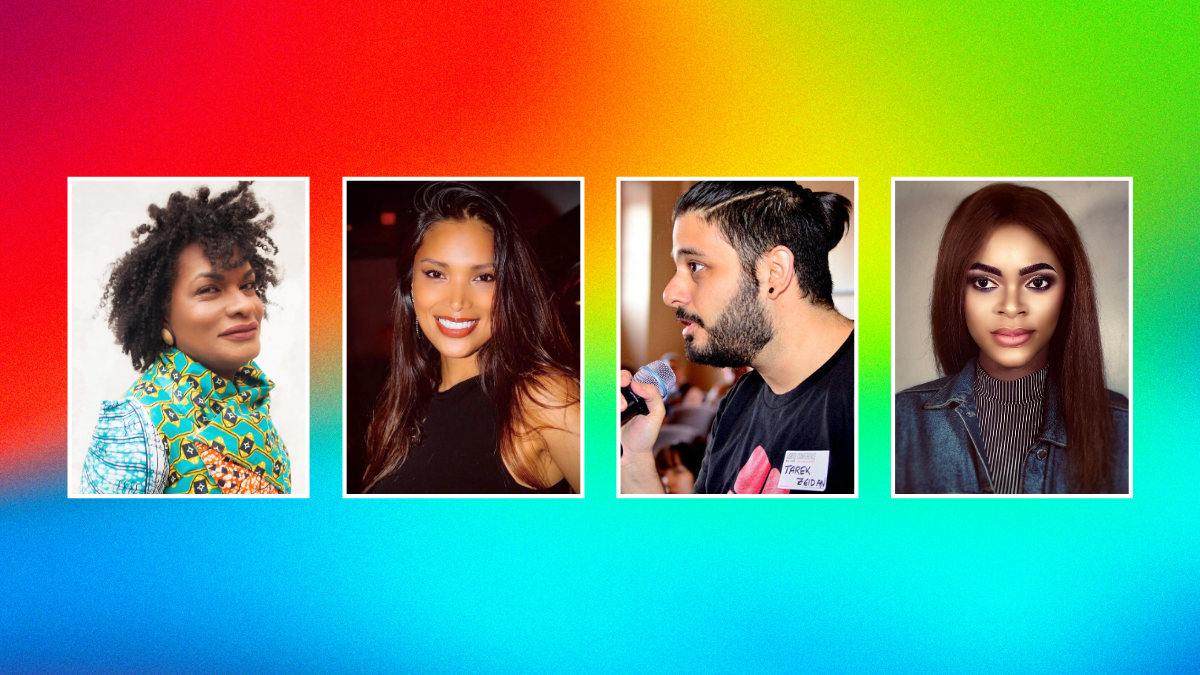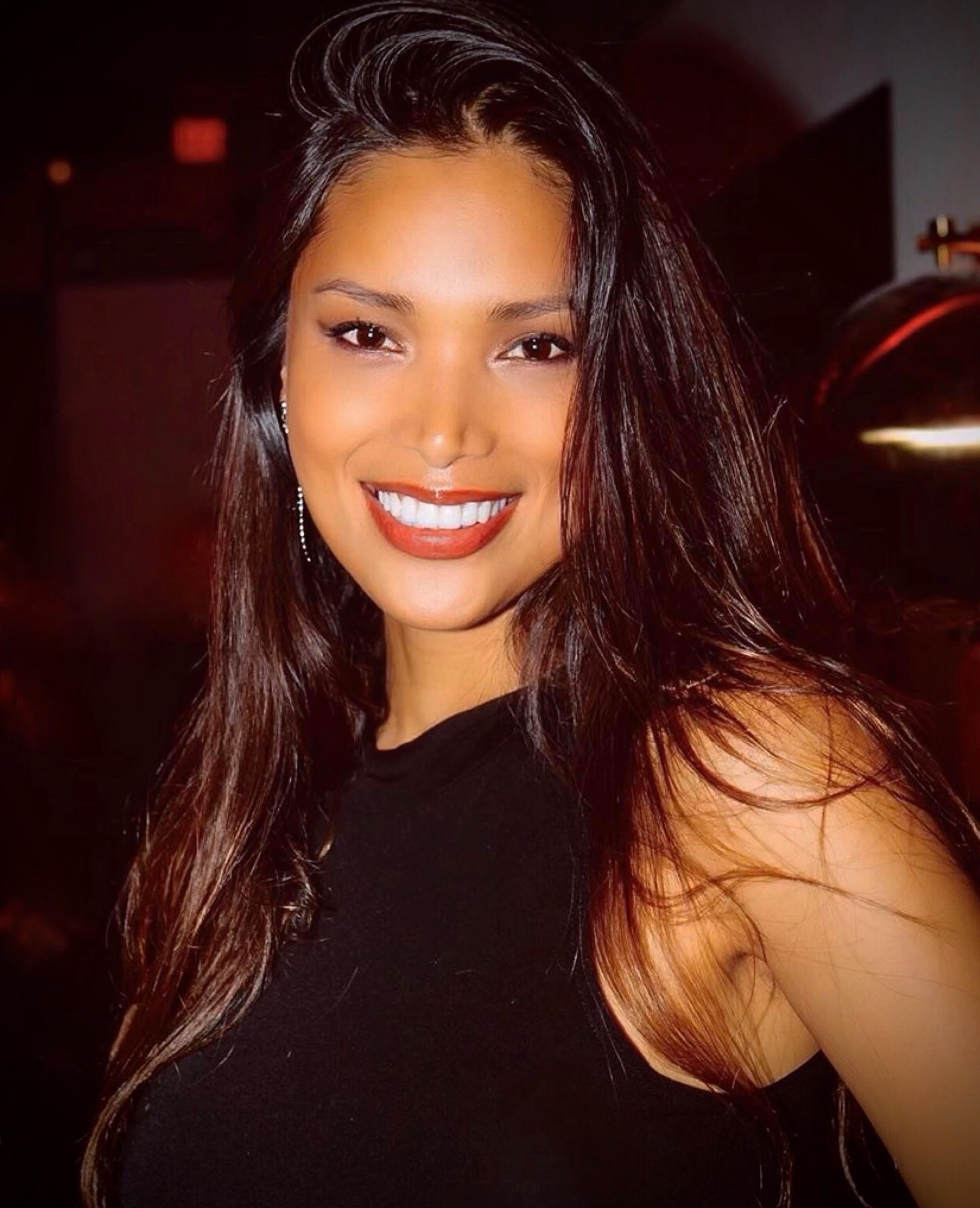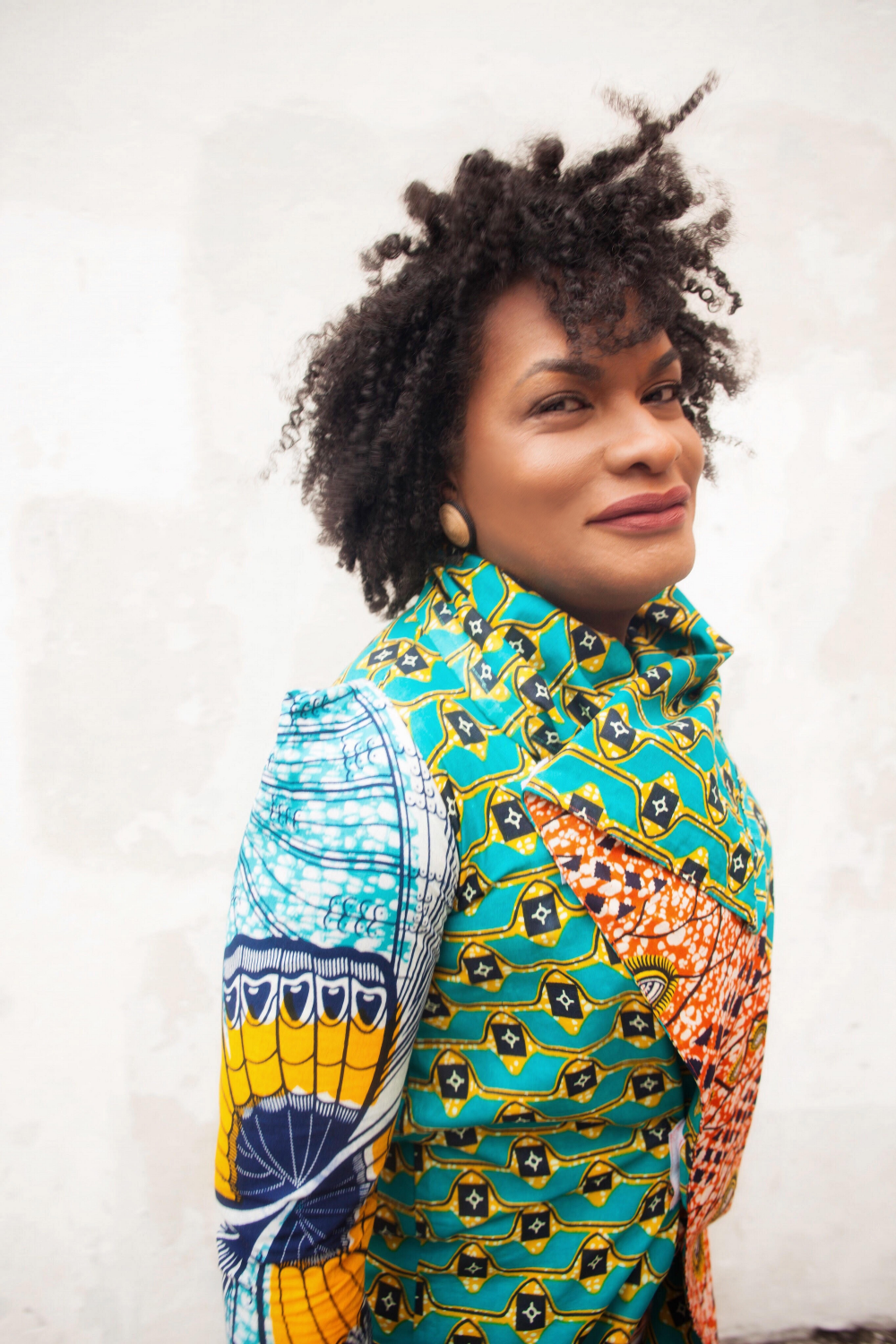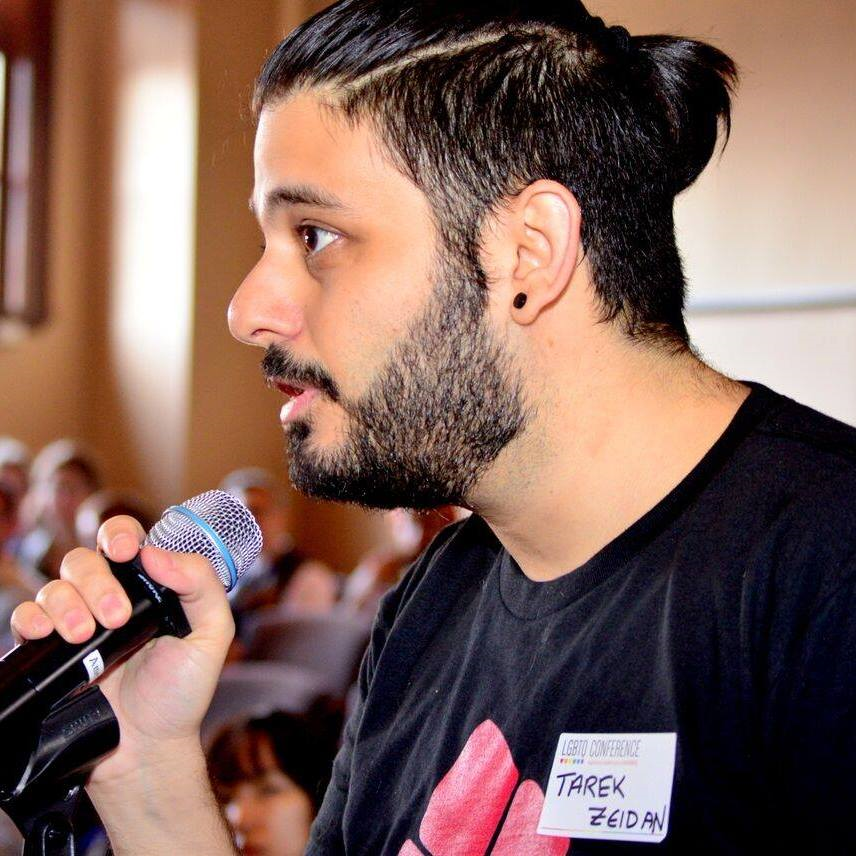Advice from activists: Pride is a protest, and marginalized communities must be centre-stage
Date:
Originally published on Medium.com/@UN_Women

Every June, the world unites to celebrate Pride Month and to promote equality and visibility of the LGBTIQ+ community. Typically, Pride represents a time to celebrate self-affirmation, reject shame and social stigmas, stand up for human rights and uplift the powers of love and diversity.
In 2020, Pride is taking place against the backdrop of the COVID-19 pandemic, movements for racial justice and renewed push back on LGBTIQ+ rights in some parts of the world. The urgency for equality and the need to listen to the needs and perspectives of those who are most marginalized is at the centre of the movement.
This year Pride goes digital, but its activism is as vibrant as ever. To commemorate Pride Month, we asked a few members of the LGBTQI+ community what Pride means to them, and what building-back-better from COVID-19 means.
On what Pride means in 2020

“Pride Month this year, besides the celebrations, at its core should be a protest! A reminder that the work is far from over. We should all protest systems of transphobia, homophobia, racism, inequality and all forms of dehumanization. I’m celebrating by uplifting the voices and leadership of black and brown LGBTIQ+ voices. Pride was started by trans people of colour.
If the movements for gender equality doesn’t involve and center trans people of colour, it won’t last and it won’t be effective.
Now more than ever, we have to be there for each other. We have to be more intentional. For me the future of activism is when it is a common calling for everyone. If you’re not dismantling any systems of oppression, it’s time to wake up.”
Geena Rocero (she/her) is a Filipino American supermodel, transgender advocate and founder of Gender Proud, a media production company that tells stories of the transgender community worldwide to elevate justice and equality, based in the United States of America. Geena is also the 2020 National Chair of Stonewall Day, 26 June, and will host the livestream to raise funds for mostly trans and black-led organizations that typically don’t get enough funding and spotlight.
Follow Geena on Twitter: @GeenaRocero.
How COVID-19 is impacting trans communities

“Trans communities, already economically marginalized, were hard hit by the dramatic loss of jobs and income. This was especially the case because [many] trans people work in the informal economy, including as sex workers. In some countries, that means that trans people were not eligible for the government aid designed to get people through the crisis. Not surprisingly, housing insecurity and food insecurity became even more acute crises almost overnight.
Hearteningly however, trans people went to work by providing for themselves. Mutual aid programmes focused on getting people the cash, food and housing they need sprung up almost immediately across the United States.
Recovery plans need to include diverse voices. Humanity is diverse. To exclude diverse voices and diverse action in gender equality movements, or in COVID-19 response plans, is to by definition exclude large swaths of humanity. That automatically lowers the effectiveness of programmes and practices to improve life. Diversity more than anything is a logical necessity.”
Imara Jones (she/her) is a journalist and Founder and Creator of TransLash Media in the United States of America, which tells the stories of trans lives. In 2019 she moderated UN Women’s High-Level meeting on gender diversity beyond binary identities.
For more, follow Imara on Twitter @imarajones.
On being an activist during lockdown

“For many LGBTIQ+ individuals and organizations, the lockdown during COVID-19 has boosted the urgency to navigate our work and advocacy efforts online, which has in turn increased the risks of violations against us in regard to our digital safety and security.
During the lockdown, activism has meant using virtual platforms to promote youth participation and action, empowering and reminding young people to fight for their rights. Social media has been key during transition to online work during COVID-19. We can also turn to online courses to promote learning in the field of human rights and sexual diversity. And reading and writing blog posts about the effects of COVID-19 on the work of LGBTIQ+ advocates and how social distancing, economic strain and increased anxiety is impacting the community.
For Pride, most activities are online this year. We have webinars interrogating what Pride means to LGBTIQ+ in Uganda, but also online watch parties for the youth to celebrate their identity.”
Amanda Bosco (she/her) is a transgender youth activist from Uganda, advocating for LGBTI rights. Her experience with activism has given her the opportunity to contribute to policy formulation around HIV prevention and treatment services. She is also a member of UN Women’s Beijing+25 Youth Task Force.
Find Amanda on Twitter @KamandaBosco.
Listening to, and celebrating, diverse voices to drive change

“The rallying cry of the 2030 Agenda said it best when it proclaimed to leave no one behind. Diversity is a strength because it contributes the voices of many who have been purposefully obscured and whose [contributions] are necessary to solve the chronic problems we face as a society and as a planet. How can you solve a communal problem when half the community is not in the room or present as tokens without the necessary space and empowerment for them to speak?
Diversity is vital for us to have communal ownership of the difficult work that is ahead of us, and one that only we as a collective can undertake. COVID-19 is not the great equalizer as some have claimed; it is exactly the opposite and has rapidly exposed cracks in global and local systems. It is a chance for us to diagnose the problems that have been overlooked or purposefully hidden and to figure out solutions outside of the boxes these systems have placed us and everyone else in.”
Tarek Zeidan (he/his) is a sexual and bodily rights activist from Beirut, Lebanon, advocating for the rights and protection of LGBTIQ+ individuals and groups in the Middle East and North Africa region, and is the President and Executive Director of Helem, the first LGBT rights organization in the Arab World, founded in Beirut in 2001.
Follow Tarek on Twitter @tarekzeidan.